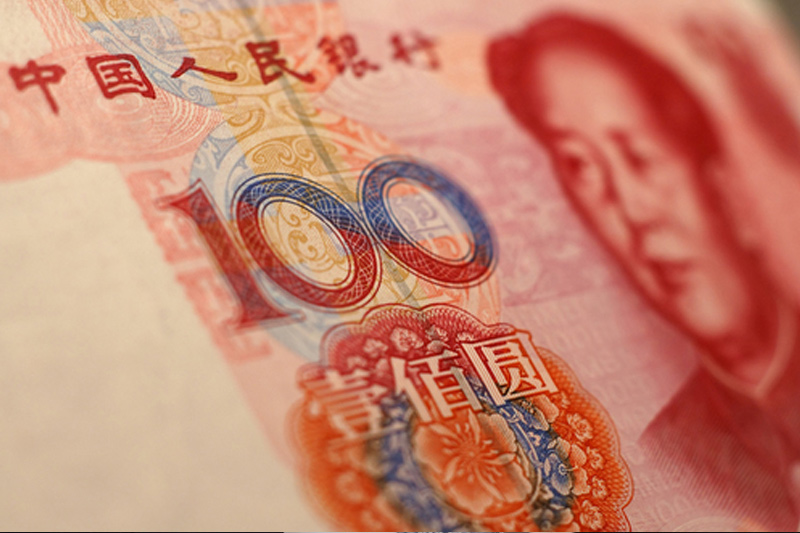Trump Advisor Signals Tough Stance on Potential Chinese Currency Manipulation
Washington D.C. – A looming trade war between the United States and China gained further momentum as Peter Navarro, incoming senior counselor for trade and manufacturing to President-elect Donald Trump, issued a stern warning regarding China’s potential currency manipulation. Responding to a Reuters report suggesting China might allow the yuan to weaken in 2025, Navarro stated that such a move would not be "welcomed fondly" by the new administration. While affirming the Treasury Department’s independence in conducting its biannual currency manipulation review, Navarro underscored China’s history of currency manipulation, setting the stage for a potential clash between the world’s two largest economies. The Chinese embassy swiftly rejected Navarro’s accusations, denying any plans for currency manipulation and emphasizing China’s commitment as a "responsible major country."
This exchange reignites a familiar point of contention between the two nations. In 2019, the Trump administration formally labeled China a currency manipulator, a designation not used since 1994. Though largely symbolic, this move underscored Trump’s willingness to confront China on trade practices. The designation was later revoked in 2020. Now, with Trump’s return to the White House imminent, the issue of currency valuation resurfaces, reflecting the underlying tensions and potential for renewed trade conflict. The timing coincides with a reported internal Chinese deliberation to allow the yuan to depreciate in anticipation of higher US tariffs under a second Trump administration.
The Reuters report suggests that Chinese policymakers view a weaker yuan as part of a broader economic stimulus package designed to mitigate the impact of anticipated US trade measures. Trump has previously indicated his intent to impose a universal 10% import tariff and a more targeted 60% tariff on Chinese goods, escalating anxieties over a full-blown trade war. Navarro’s pronouncements add another layer of complexity, suggesting that the Trump administration could circumvent the standard Treasury review process and implement even harsher tariffs in response to any perceived currency manipulation by China.
The potential for escalating trade hostilities centers on the yuan’s exchange rate. A weaker yuan makes Chinese exports cheaper and more competitive in the global market, while making imports into China more expensive. The US has long accused China of artificially depressing its currency to gain an unfair trade advantage. China, on the other hand, argues that its exchange rate policies are driven by market forces and aimed at maintaining stability. This fundamental disagreement over currency valuation serves as a proxy for the larger economic and geopolitical competition between the two nations.
Navarro’s statement that Trump could unilaterally escalate tariffs without waiting for the Treasury report highlights the unpredictable nature of potential trade actions under the incoming administration. Bypassing established procedures signifies a willingness to employ aggressive tactics, potentially further inflaming tensions. This strategy aims to pressure China into concessions by rapidly increasing the economic cost of a trade conflict. However, such an approach also carries the risk of triggering a retaliatory spiral, with both sides imposing increasingly punitive measures, ultimately harming global trade and economic growth.
The renewed focus on China’s currency practices foreshadows a potentially turbulent period in US-China relations. The Trump administration’s willingness to deploy tariffs as a leverage tool, coupled with China’s reported contemplation of currency depreciation, suggests a heightened risk of a trade war. The potential economic consequences of such a conflict are significant, with implications for businesses, consumers, and global economic stability. The coming months will be crucial in determining whether the two nations can find common ground or whether the simmering trade tensions will erupt into a full-blown confrontation. The international community will be closely watching as these developments unfold, hoping for a resolution that avoids further disruption to the global economy.




